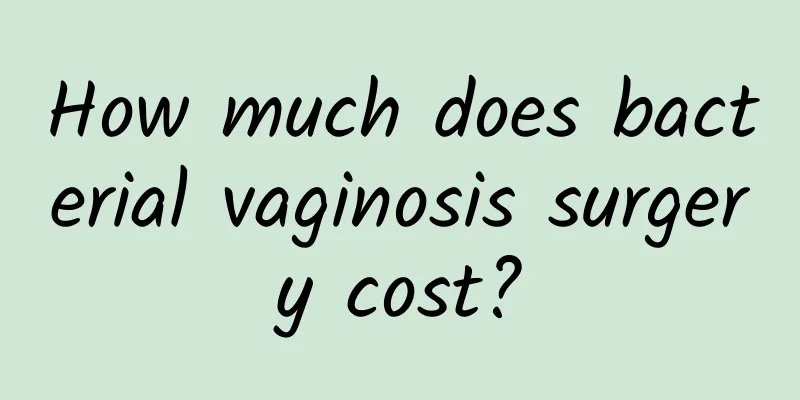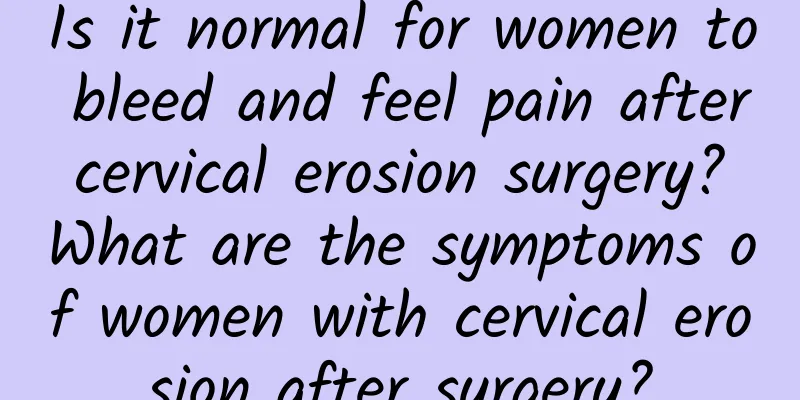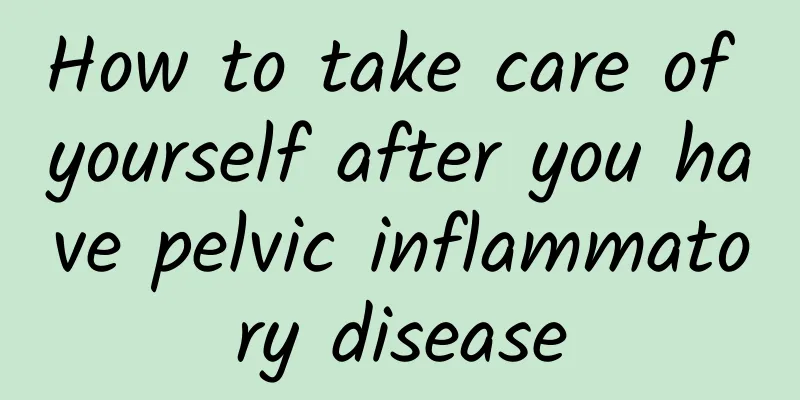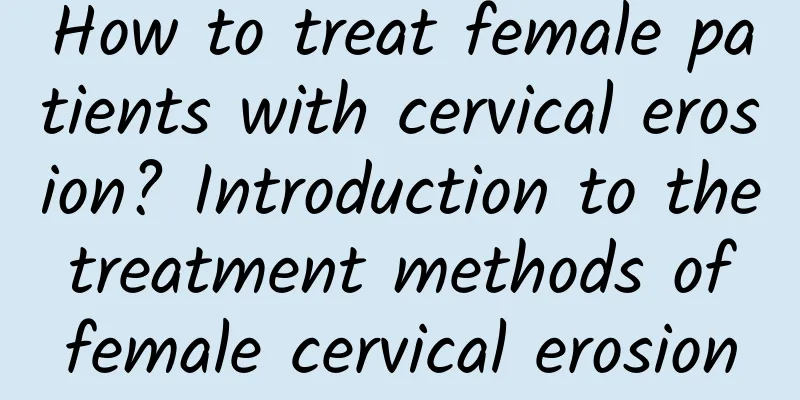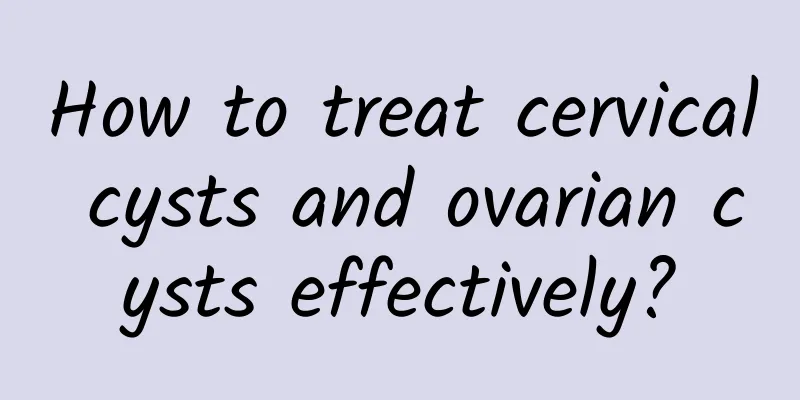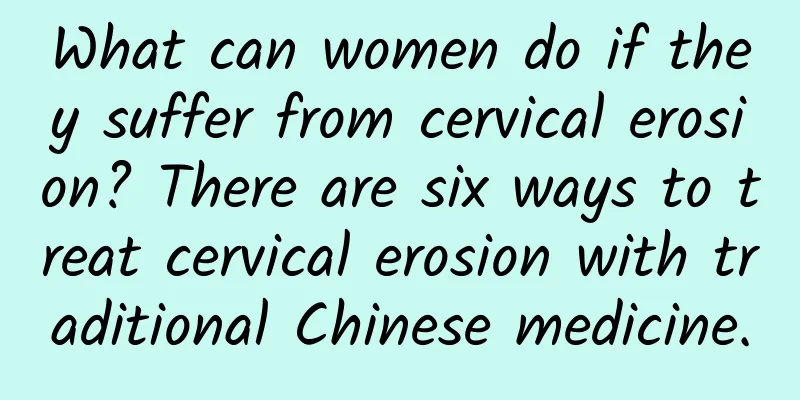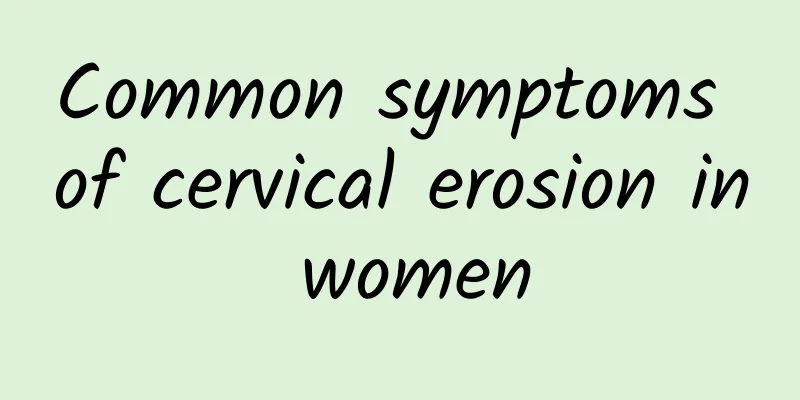What causes ovarian cysts and can they be cured?
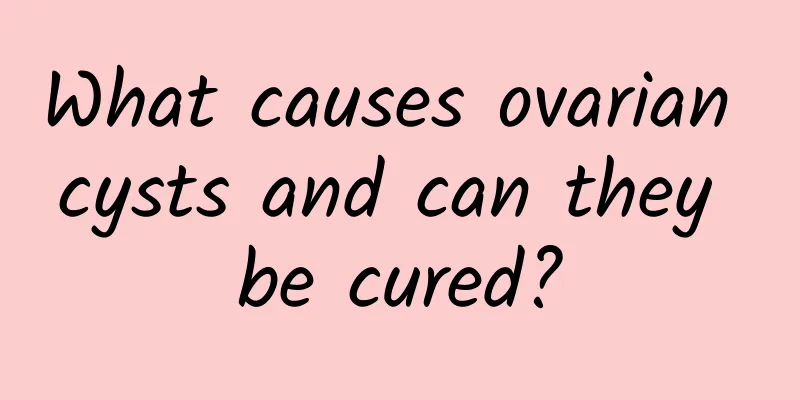
|
Ovarian cysts are a common gynecological disease with various causes, including hormone imbalance, abnormal follicular development, corpus luteum cysts, polycystic ovary syndrome, and ovarian tumors. Most ovarian cysts are treatable. If symptoms persist, it is recommended to seek medical attention in time and take targeted treatment measures under the guidance of a doctor. The details are as follows: 1. Hormone imbalance: Fluctuations in hormone levels, especially imbalances in estrogen and progesterone, can easily lead to the formation of ovarian cysts. It is recommended to seek medical attention in a timely manner and use medication to regulate hormone levels under the guidance of a doctor. 2. Abnormal follicular development: During the menstrual cycle, the follicles fail to rupture and release eggs normally, forming cysts. Drugs can be used to promote ovulation, and surgical treatment can be performed if necessary. 3. Corpus luteum cyst: After ovulation, the corpus luteum fails to degenerate normally, resulting in cyst formation. Most corpus luteum cysts will disappear on their own, but if they persist or cause symptoms, they need to be treated under the guidance of a doctor. 4. Polycystic ovary syndrome (PCOS): An endocrine disorder that causes multiple small cysts on the surface of the ovaries. Endocrine regulation is achieved through medication combined with lifestyle changes such as weight loss and dietary adjustments. 5. Ovarian tumors: Although rare, some ovarian cysts may be caused by ovarian tumors. Detailed examination is required, surgical removal is performed if necessary, and follow-up treatment is performed based on the pathological results. In order to effectively control and cure ovarian cysts, it is recommended to seek medical attention in time, follow the doctor's advice for treatment and follow-up, and take surgical intervention if necessary. If the symptoms persist, you should seek the help of a doctor in time for a comprehensive examination and personalized treatment plan. In daily life, you should also maintain a good diet and lifestyle, strengthen your physical fitness, and reduce the risk of cyst recurrence. |
<<: Why does menstrual cramps last for three or four days?
>>: Will frequent sex delay menopause?
Recommend
What happens to menstruation after half a year of amenorrhea?
What happens to menstruation after six months of ...
Will cervical erosion affect pregnancy? Ways to prevent cervical erosion
Will cervical erosion affect pregnancy? For marri...
Can I still get pregnant after ectopic pregnancy surgery?
Ectopic pregnancy brings great harm to women, not...
Song Il-guk gained 10 kg and argued that the fat was muscle
South Korean character actor Song Il-gook has tak...
Mermaid line coach Zheng Xinyu practices heart rate aerobics at home
Zheng Xinyu, the mermaid line coach who became fa...
Metabolic diet makes you thinner the more you eat! Develop these four habits, even beginners can do it
The Fast Metabolism Diet (FMD) was developed by A...
Is it serious if cervical erosion bleeds when touched?
If cervical erosion bleeds when touched, it may b...
Does an ovarian mass affect menstruation?
Does an ovarian mass affect menstruation? Young w...
Will menopause heal on its own?
Menopause is a common gynecological disease, whic...
Experts explain how to properly care for vulvar leukoplakia
The care of vulvar leukoplakia is a topic of conc...
Eating turns your brain into brown fat, which generates heat
"Cell Metabolism" recently published th...
Postpartum adhesions at the internal cervical os
Postpartum adhesions at the internal cervical os ...
How long after abortion can I eat spicy food? What is good to eat after abortion?
Generally speaking, it is not suitable to eat spi...
Get out of the road to weight loss! 6 special trails recommended by the National Health Administration
Where to go on a hot summer day? Instead of going...
Does adenomyosis affect pregnancy?
Does adenomyosis affect pregnancy? The short answ...
